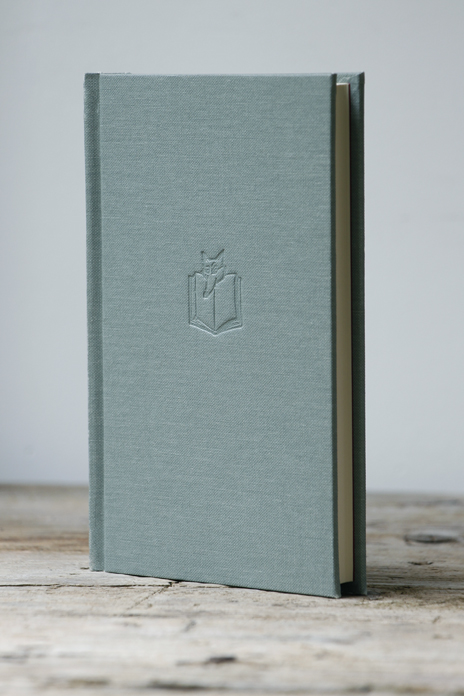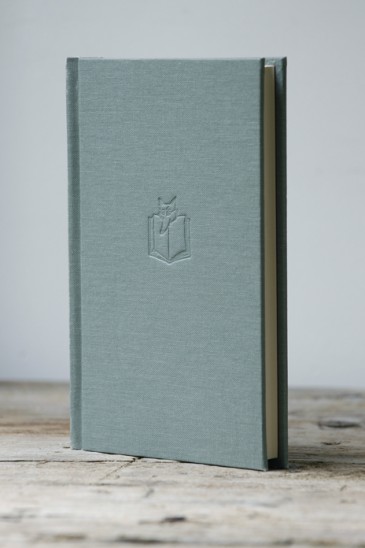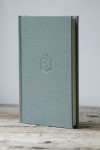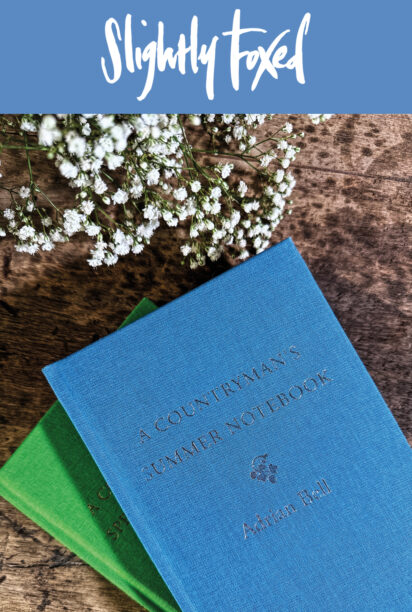In his prizewinning memoir The High Path, Ted Walker recreates with unusual vividness his secure, happy childhood in the England of the Thirties and Forties, and the influences that made a working-class boy into a poet.
Most telling, perhaps, was his relationship with his father, a carpenter who had come to the Sussex coast from Birmingham in search of work before Ted’s birth. The affection between the two shines out from the tender portrait of him, cruising the last mile home from work on his Ariel motorbike, playing backyard cricket with typical concentration, or struggling to master French with Ted, urged on by their loveably eccentric teacher Mr Jupp. A sense of history came from magical visits to his father’s family in the Worcestershire countryside, and sensuous pleasure from the grocer’s shop managed by ‘Grandad Harry’ – an Aladdin’s Cave where ‘a wondrous blend of smells: nutmeg and cinnamon, dog biscuits and bran, wax polish, ripe cheese and Brasso all harmonized to give a sense of good things kept in spotless order’. It is a picture of a proud and thrifty working-class world now utterly lost. With grammar school and a place at university a gap began to open between Ted and his parents. These new experiences brought intellectual confusion, romantic longing, sexual frustration, but the warmth of his happy childhood was still his bedrock.
The High Path is a beautiful book, written with all the honesty and sensitivity of the poet Ted Walker became.
‘Vividly evokes the wartime childhood of one (in George MacBeth’s phrase) “too young to fight and too old to forget”’ Guardian
An unchanging ritual . . .
When he came home of an evening, we went through an unchanging ritual. Hanging on the gate, I could tell the shape of him as he cruised the last half-mile along the Brighton Road on the Ariel. Just...
Read more







